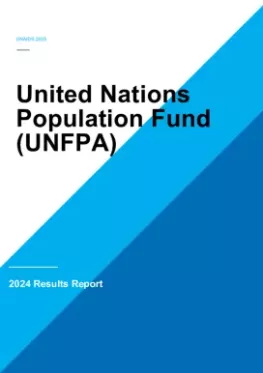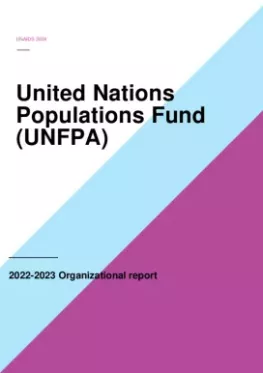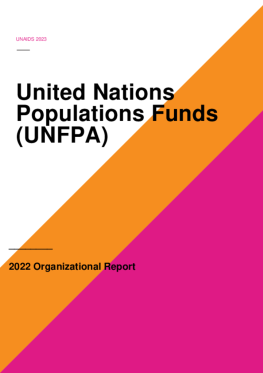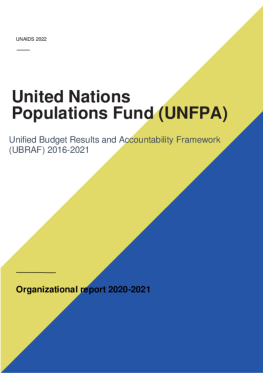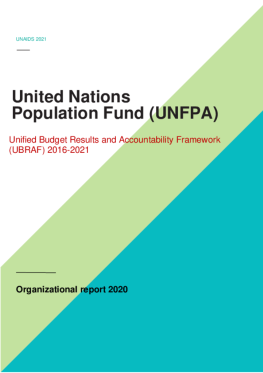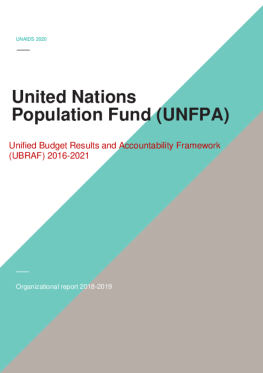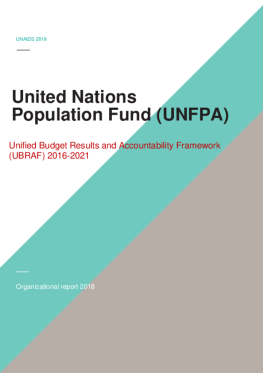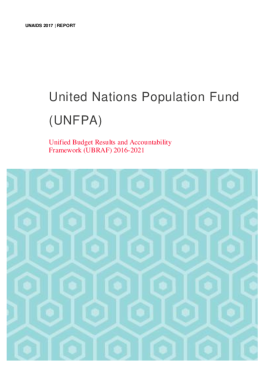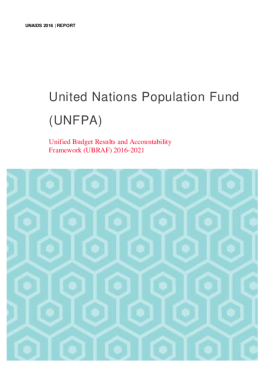UNFPA envisions a world where every pregnancy is wanted, every childbirth is safe, and every young person's potential is fulfilled.
UNFPA's 2022–2025 Strategic Plan underscores the scale-up of quality comprehensive SRH services, including HIV prevention, treatment and care in development and humanitarian settings. Efforts focus on reaching women, adolescents and youth—especially those who are marginalized, including key populations—along the continuum of care, while addressing structural inequalities, including discriminatory gender and social norms that impede access to services.
For information on UNFPA's results, please see the 2024 downloadable report below.


